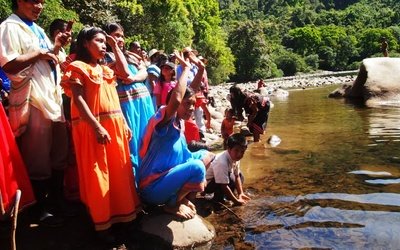
The construction of the Barro Blanco dam in Panama is entering the final stage. Project developer Genisa is planning to bring the dam into operation in May. The indigenous Ngäbe people that live in the area, a tribe of about two hundred thousand, are opposed to the construction of the dam. They have entrenched themselves in the areas where the building of the dam is being completed. All of them are afraid of the security forces, who acted with a lot of violence in the last confrontation.
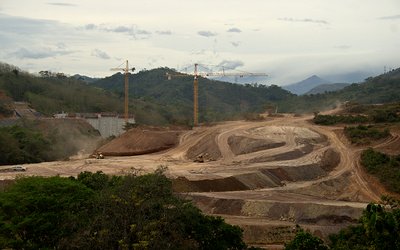
And will James Amaya, the UN Special Rapporteur on the rights of indigenous peoples, ask the Panama government to halt the construction of the disastrous dam for the time being? This is what Both ENDS calls for in a letter to mr. Anaya, together with 12 civil society organizations, including four from Panama. It’s urgent because the Barro Blanco Dam, planned in the Tabasará river, is destructive to the Ngäbe indians.
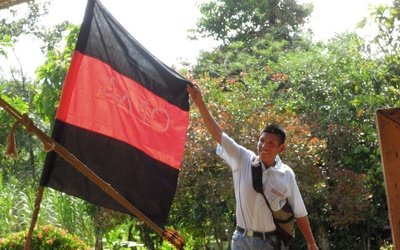
Following years of community protest the construction of the Barro Blanco dam in Panama is finally suspended. This was publicly announced by Panama’s Environmental Agency ANAM yesterday. The suspension of the project has been a request of the Ngöbe community, represented by the Movimiento 10 de Abril (M-10), for years. The dam is projected to flood homes, schools, and religious, archaeological, and cultural sites in the indigenous traditional territory, and convert the Tabasará River from a running river to a stagnant lake ecosystem. The suspension of the project is just in time, as the dam’s construction is near to completion,
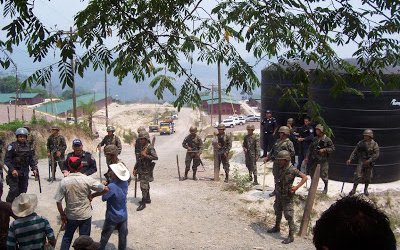
The Dutch development bank FMO and the Finnish FinnFund announced this week that they are seeking ‘a responsible and legal exit’ from the Agua Zarca project in Honduras. Last week, it was reported that four suspects had been arrested in connection with the murder of human rights activist Berta Cáceres, who opposed the project for many years. One of those arrested is the manager for social and environmental affairs of DESA, the company implementing the Agua Zarca project. Because the company is a direct client of FMO and FinnFund, the banks consider the arrest good reason to take action.
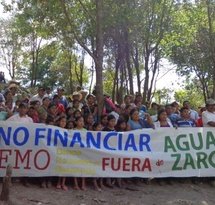
Development banks should comply with strict environmental and human rights rules to ensure that their projects benefit and do not harm the poorest groups. Both ENDS monitors the banks to make sure they do.
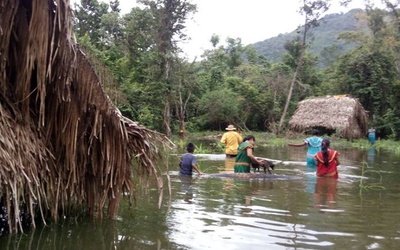
The Barro Blanco dam project in Panama, which has Dutch financial support, is causing indigenous lands to disappear under water. Both ENDS is working to protect the rights of indigenous communities living near the dam.
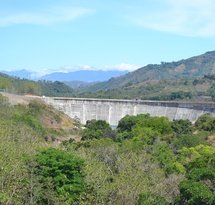
Large-scale infrastructural projects have detrimental effects on local people and the environment, while their benefits are felt elsewhere. Both ENDS is working to ensure that local people have a greater say in decision-making and is investigating the way these projects are funded.
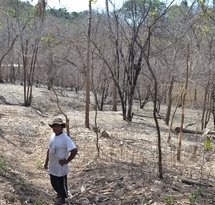
The closing of the Barro Blanco dam last year caused not only material but also cultural damage in the affected Ngäbe-Buglé communities in Panama. So far, funder FMO is not taking responsibility for the human rights abuses caused by the project. So, what now?